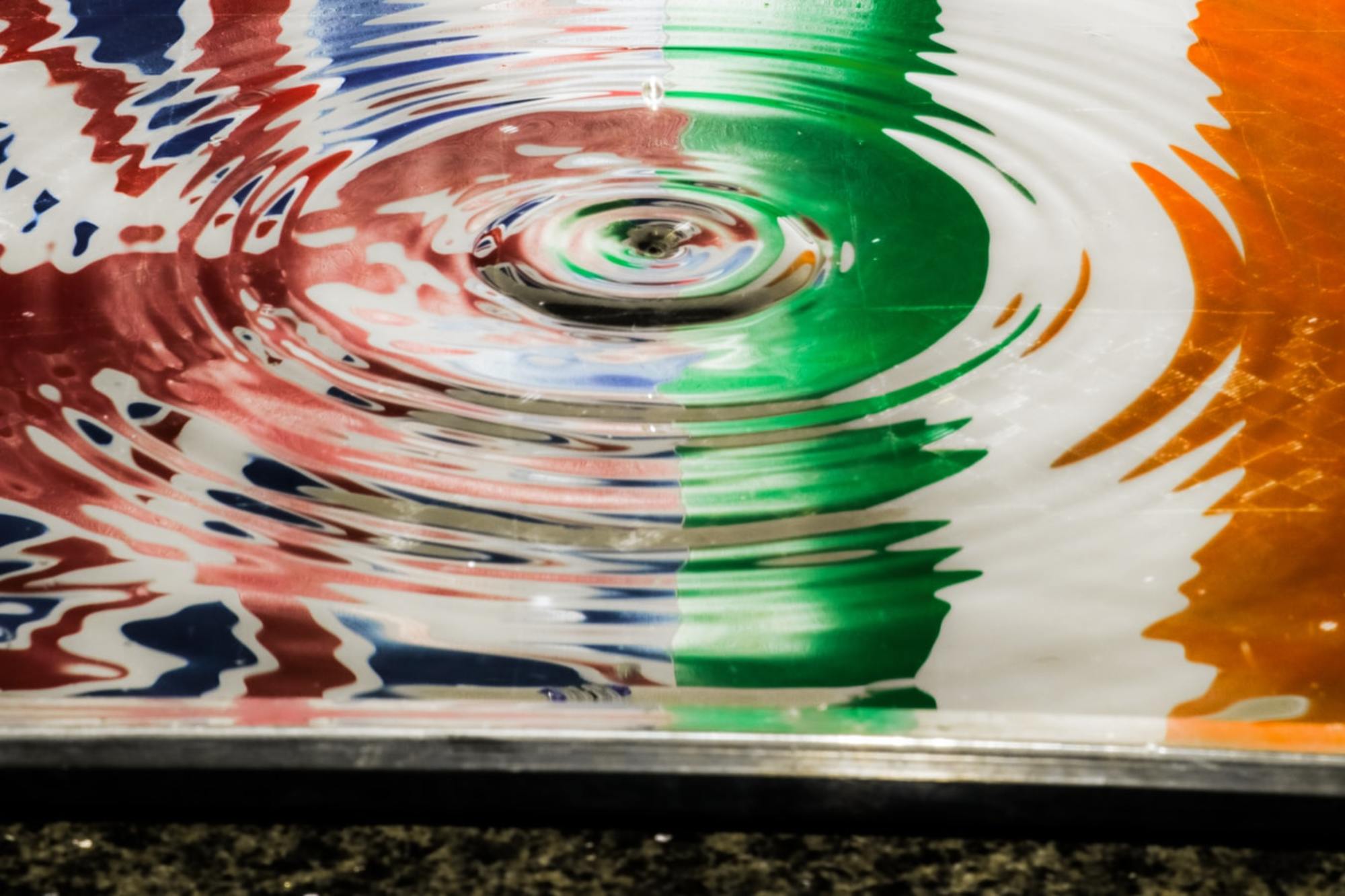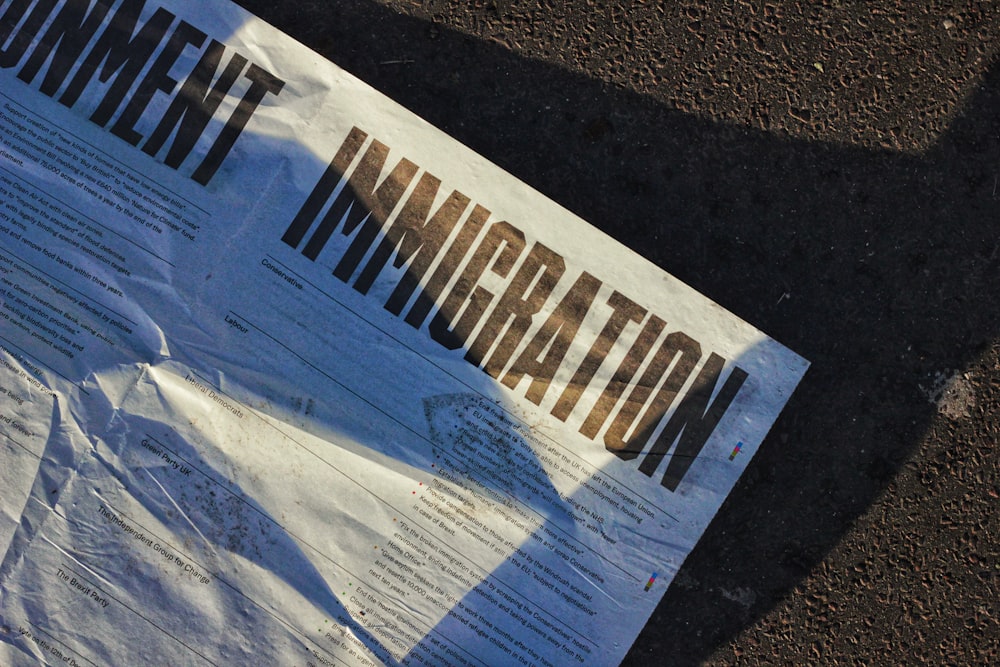
The island’s lush vegetation and frequent rainfall make it an emerald island. In general, Ireland has a mild, oceanic climate.
Salary in Ireland
Today the Irish state continues to struggle with the economic crisis. The emergence of the crisis is due to the difficult socio-economic situation of many Irish people who do not find life in Ireland comfortable. Another reason is the most massive migration of young people to other EU countries.
Several years ago, the country’s authorities raised the federal minimum wage level in the country. Despite all the difficulties, the size of the minimum wage is stable and does not decrease. It is 9.45 euros per hour.
Today the average salary in Ireland looks like this: a minor worker – 9.45 euros/hour;
a young worker with no experience – 10.92 Eur / hour;
a young worker with 12 months experience – 11.79 Eur / hour;
the worker with more than 24 months’ experience. – 12.65 Eur / hour.
According to statistics, the minimum wage is received by about 4.9% of the country’s working population. This amounts to approximately 83.7 thousand people.
Rental price for Irish real estate
The cost of renting one room in a furnished apartment varies from 400 to 1000 euros per month. Today you can rent a house in a rural area for 1200-2000 euros per month. The closer the housing is to the sea, the more expensive the rental price.
- Studio apartment (Dublin) – 650 – 1000 Eur per month
- Studio apartment (Cork) – 600 – 800 Eur per month
- Three-room apartment (Dublin) – 1000 – 1800 Eur per month
- Three-room apartment (Cork) – 900 – 1600. Eur per month
- The cost of 1 sq. meter in Dublin varies from 2000 to 5000 Eur
How do Irish retirees live?
There are almost no working pensioners in Ireland. There are 2 types of pension in Ireland: private and public. To receive a state pension, a person must pay 10 tax years on time. The amount of pension contributions depends on how many tax years a person has paid over 10.
Its size for 2020 is about 1,600 Eur. Some Irish people of retirement age receive a private pension. This is possible if the company in which the person worked made timely contributions to a private fund.
The tax system in Ireland
Ireland is officially considered a low tax jurisdiction. By European standards, taxes in Ireland are considered very democratic. The income tax for those who have not started a family is 20 % on the first 3300 Eur of profit. 41% of the tax applies to the remaining balance.
Income tax for family citizens: 20% on the first 65,600 Eur and 41% on everything else. Five years ago, Ireland introduced a social levy, which ranges from 2 to 4%. If the resident has a medical card in hand, the tax is 4%.
The education system in Ireland
There is one of the highest quality education systems in Europe. The number of international students and applicants wishing to pursue higher education in Ireland is increasing every year. This happens due to the optimal prices and teaching methods.
The school system is almost completely copied from the English one. The only difference is that in primary school children are taught from 4 to 12 years old. The age of the secondary school contingent is 12 – 18 years old.
In Primary school in Ireland, Foreigners can study both in day schools and special boarding houses. Senior students for the last 2 years have been intensively preparing for college and studying specific disciplines. Under existing law, every foreigner under the age of sixteen must have an Irish guardian.
School staff provides support to immigrant children up to the sixth grade. Mentors help children learn the state language and get used to a new environment. If the child does not perform well in a particular subject, then he also has the right to receive assistance.
Higher education in Ireland
Today, Irish higher education is based on the Bologna system and includes undergraduate, graduate, and doctoral studies.
Tuition fees in Irish higher education institutions are considered to be among the lowest among English-speaking countries. A year of study at the prestigious Trinity College will cost 15,000 – 20,000 Eur for humanitarian and technical faculties, about 30,000 Eur for medical specialties. Less popular universities are about 15,000 Eur per year.
Additional living expenses depend on which city the university is located in. In the capital of the Republic – Dublin, prices are traditionally higher than in the provinces. On average, students spend about 7,000 – 10,000 Eur per year on accommodation, meals, and travel, which is about 30% less than in neighboring Great Britain.
According to immigration law, foreign students can work during their studies: up to 20 hours a week during the academic year and full time during vacations. Moreover, students can apply for a scholarship – most Universities, institutes, and colleges have incentive programs for students with high academic results.
The immigration programs to Ireland
Immigrants in this state are about 10% of the population. Very often, immigrants are foreigners who have arrived to get higher education in Ireland.
Working. If the employer sends an invitation, you can apply for a work visa. If you have worked in Ireland for more than 5 years – apply for permanent residence.
There is also the Blue Card – the “blue card” of the European Union. It is received by:
- specialists with an annual income of 60,000 € excluding bonuses, bonuses;
- specialists with income from 30,000 to 60,000 € per year, whose professions are on the list of strategically important.
Apply for a blue card – you can quickly get a residence permit for 2 years with the right of further extension.
Family reunification
The program is suitable for relatives of people who are Irish citizens or have received a residence permit. Spouses and children under 21 can immigrate. To move in, you need to provide evidence of family ties. It will be possible to apply for permanent residence after 3 years of residence, and the last year of residence must be continuous.
Asylum
Refugees from countries where human rights are violated or active hostilities are ongoing can immigrate. After receiving refugee status, you must have lived in the country for at least 3 years. Then permanent residence will be available.
Marriage
One of the easiest ways to obtain citizenship is to register a marriage with a person who has received a residence permit, permanent residence, and Irish citizenship. To become a citizen yourself, live in the country for at least 3 years. In the last year, the residence must be continuous – do not travel outside the state.
Study. Get a student visa, go to any university in Ireland. While studying, renew your student visa. Then apply for a residence permit, get an official job. Citizenship applications can be submitted after 5 years of residence.
Business
Entrepreneurs can start a business in Ireland. The minimum capital of a private person is € 300,000. If you are engaged in high-tech startups, the government will lower the bar. You need to invest in business from 50,000 €. If you are moving with a group of investors, pay € 30,000 per person.
First, you apply for a 3-year view. You get the right to relocate your family – spouses, parents, children can study, work. If things are going well, extend the residence permit for 2 years. According to the document after 5 years of residence and 3 years of permanent residence, citizenship can be obtained.
Investments
Investors can also obtain citizenship. The amount of investment depends on the direction of investment.
| Direction | The minimum amount is € |
| Government securities | 1 000 000 |
| Enterprises | 500 000 |
| Real estate investment funds | 2 000 000 |
| Mutual funds | 500 000 |
| Socially useful events | 500 000 |
There are also mixed investments: you need to invest in residential real estate from 450,000 Eur, in government securities – from 500,000 Eur. Investors can also move a family, apply for citizenship.
Birth of a child. If you have been in Ireland for the past 10 months and have a child, he automatically becomes a citizen of the country. You can apply for permanent residence – permanent residence, and later – citizenship. Usually, it is issued after 3 years of permanent residence for permanent residence.
Buying real estate. It is not necessary to invest almost half a million euros. You can buy a private house, apartment, or other residential property. You will be able to obtain citizenship after 4 years of residence for a residence permit and 3 for permanent residence, for the last year you need to reside in the country permanently.
A socially important activity. Preachers, missionaries, scientists, cultural workers can get a 5-year residence permit if they come at the invitation of the Irish side. Volunteers who work for Irish charities have the same right. Everyone can obtain citizenship if they have lived in the country for more than 4 years and 3 for permanent residence, the last year – continuously.

